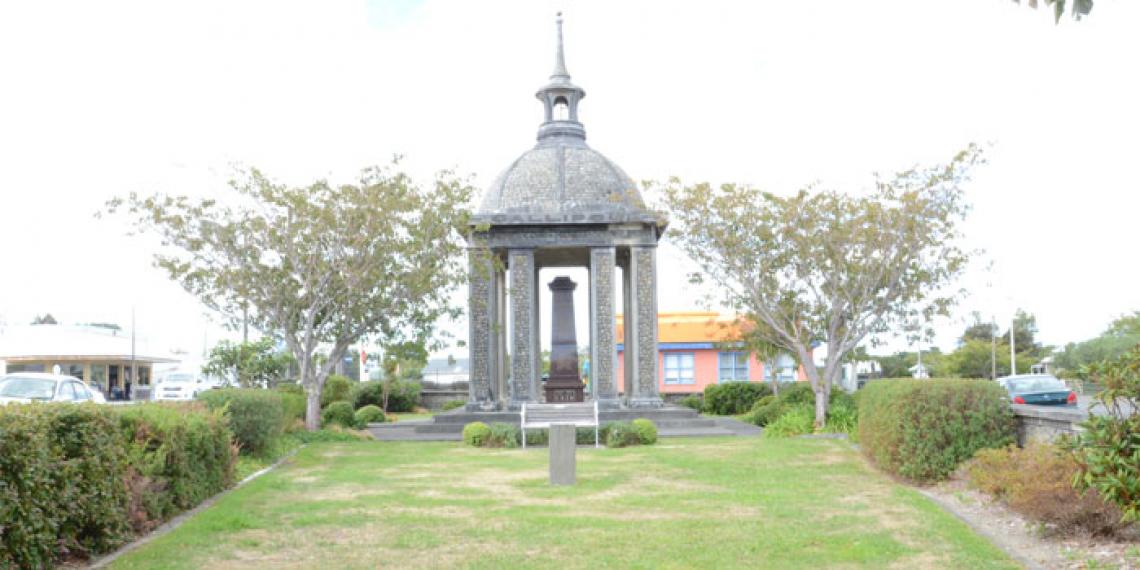You are here
The altar of remembrance

In almost every New Zealand town, there is a small, almost forgotten patch of land where the war memorial stands.
It’s part of the landscape, as familiar as the corner dairy. It carries with it a sense of lost years, remaining unchanged while time marches on around it. Those who once walked by to stop and look, now pass by in cars.
With first-hand memories gone or faded, we can only imagine the passion with which communities banded together to grieve when these memorials were erected. How important it must have been to see their husbands’, sons’ or fathers’ names etched onto those walls—to acknowledge their place in history and recognise the pain of those who were left.
I imagine the people of the town scanning each name, tracing the letters with their fingers. Searching for the boys they knew, the boys they missed. Gazing at the names of the men they loved. In those days, the war memorial must have felt like the beating heart of the town. Not a familiar, forgotten corner, but a terrifying new world.
Time has blunted the pain of war, and the new world has become the old. But the memorial has become a profound symbol that has allowed grief to be transformed into remembrance.
Nobel peace prize winner Eliezer Wiesel was a survivor of the Auschwitz-Birkenau concentration camp in World War II. He wrote, ‘The experience cannot stay with me alone. It must be opened, it must become an offering, it must be deepened and given and shared. Without memory, there is no culture. Without memory, there would be no civilization, no society, no future. After all, God is God because he remembers. ’
Remembrance is a divine act, instituted by God among the Jewish people. When people had an extraordinary encounter with God, they built an altar as an act of gratitude. The first altar was built by Noah after the flood, when God made a covenant with people, promising to sustain life. God blessed them, saying, ‘As long as the earth endures, seedtime and harvest, cold and heat, summer and winter, day and night will never cease.’
When an altar was built, the people who passed by knew that God had done something extraordinary. It was a reminder to stop and give thanks for what had gone before, and to take the experience with them into the future. It was a sign of the covenant between God and his people. From this, a national consciousness was born.
Our war memorials are our altars. They stand as an off ering, reminding us to stop and say thanks. To be grateful for those who went before and to etch that gratitude into our future. They stand as a promise to all generations that we will learn our bittersweet lessons. They deepen our understanding of who we are, and give us hope for what we can become.
When Moses built an altar to God, he called it ‘The Lord is My Banner’ (Exodus 17:15). At this time of year, we gather at the local war memorial to pay our respects. As we do so, these patches of land become hallowed ground once again. God sustains our nation and our lives. He is our banner. Let us remember and give thanks.
by Ingrid Barratt (c) 'War Cry' magazine, 18 April 2015, pp3.
You can read 'War Cry' at your nearest Salvation Army church or centre, or subscribe through Salvationist Resources.